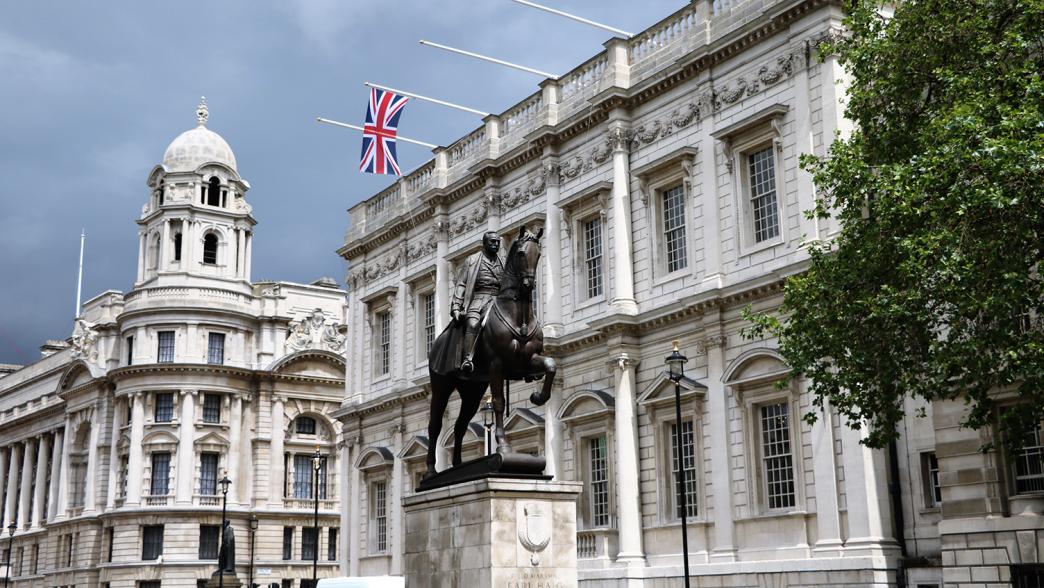Ministers deserve better support from their private offices
Too often ministers are not getting the support they need from their private offices, say Beatrice Barr and Tim Durrant

Private offices – the teams of civil servants who work most closely with ministers – play a key role in ensuring government departments support a minister’s objectives. But too often ministers are not getting the support they need from their offices, say Beatrice Barr and Tim Durrant.